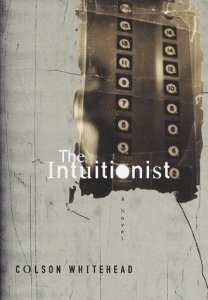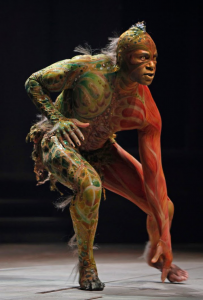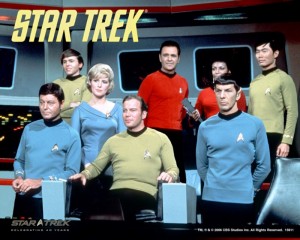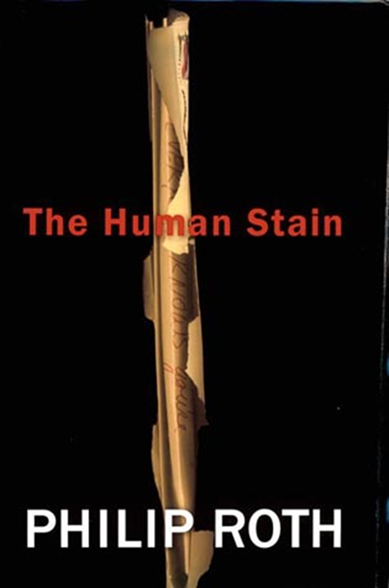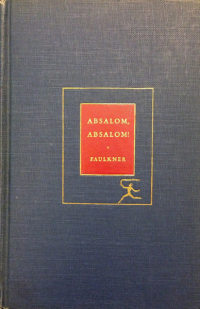Escalator
Source Text: Whitehead, Colson. The Intuitionist. New York: Anchor, 1999.
Entry Author: Alexandra Katechis
The escalator is an imagined “character” developed from Colson Whitehead’s The Intuitionist (1999). The escalator’s mixed race lineage is pulled from its nature as half stair and half elevator. In this poem, the escalator is personified in order to parse out the available material in the escalator’s status as mixed race. The poem explores the ability of the escalator to exist as stairs (black) but never achieve the status of elevator (white). The hardest task of the poem is to fulfill the standards of legitimacy as mixed race. Is it fair to say that the escalator is mixed race? Does the metaphor translate? If so, do we simply hear the confident and militant voice of Huey diagnosing the escalator with a case of “afro denial”?
Escalator
Ascension abbreviated: auto-manglia of up;
Brokering the blasphemously black (broken)
Crawl toward climax; we collapse like a dead star.
Drudgery of metal monotony, dour doldrum drip:
Exotica of oneness, twoness, sameness—
Flora of this frightfully frigid dream.
Go and do not come back to me. Take this
Hysteria of homogeneity,
Intoxication with inclination and precipice,
Just bad luck. Otherwise, let me
Know you are still there, your knuckles of
Laudanum, bitterest lullabies of a long wet tongue—
Melancholia, my eternal diagonal alias.
Naked as the word, the world, I rise, I rust.
Offal in the organism optimized by a
Plastic parasite for usefulness. If I
Quit this quixotic business of belonging—
Radically, selfishly—to two realities at once, in my
Stillness I am halved, not splendidly split but
Torturously torn, embers of a tremendous spark.
Usward is our only up.
Verticality—venom and verve—
Wanton, wistful mistress of whispers and hums—
Executioner and executor of the exquisite wish. Can
You bear what dreams may come?
Zenith promises only down.

